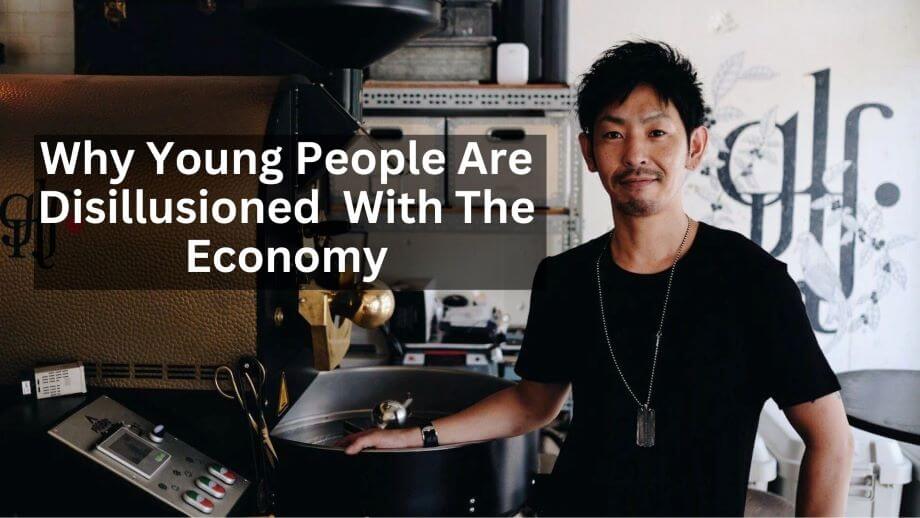I have a few young friends and family members, and I often try to spark their interest in the stock market, investing, or starting new ventures. Sometimes, I get a few nods and smiles; other times I get an eye roll, but most of the time I get ignored or dismissed.
When I came to Canada, I had one main goal in life: to learn about investments and become a millionaire. Although I’m not a millionaire yet, I’ve learned quite a bit about investing. I am so surprised that my younger friends don’t share the same interest in building wealth.
I think young people are disillusioned with traditional financial goals, especially regarding retirement or buying a house. This attitude is shaped by several factors: housing is expensive, education is expensive and oftentimes it doesn’t get you a good job, and healthcare is difficult to get; wages are not enough to cover the cost of living; and there is a perceived lack of stability in the economy and job market. Additionally, young people are constantly bombarded with advertisements for products and lifestyles that they cannot afford, often leaving them financially hopeless. For all these reasons, the classic vision of “work hard, save, and retire” feels out of reach—and even irrelevant.
While the stock market has become more accessible than ever through apps like Public and Robinhood, these platforms have also created unrealistic expectations. If you aren’t making 100% per year by buying the latest meme stock, or crypto currency, they wonder “why bother?” The typical investment in the stock market that produces a healthy 8% seems to be so inadequate for someone who is struggling to pay this month’s rent.
For young people who are curious about investments, navigating the stock market is often challenging due to an avalanche of information, financial jargon, and unscrupulous advisors who want to sell them financial products with high management fees.
There’s also a persistent myth that real estate is the best way to build wealth. However, with today’s high property prices, maintenance demands, and often modest returns after factoring in all costs, real estate isn’t the wealth-building path it once was. Yet, the myth endures due to cultural conditioning and stories of past successes. This trend means that while the bottom 50% of earners tend to have most of their wealth tied up in real estate, the top 10% are more likely to have their wealth in the stock market or private businesses.
I believe we need to do better in educating our youth on how to become savvy investors, rather than relying on financial advisors or managers who prey on clients’ lack of knowledge. Young people need to understand how the stock market works—and that they can participate in it, even with small amounts of money.
I think financial literacy should be taught in high schools, after all not everyone will need to know calculus, physics, or gender studies, but everyone will need to, at one moment or another, invest the money they earn from their labor.
How would you inspire curiosity in young people about the stock market and investing? What strategies or approaches would you use to make these topics feel exciting and relevant?”
Previous opinion posts
